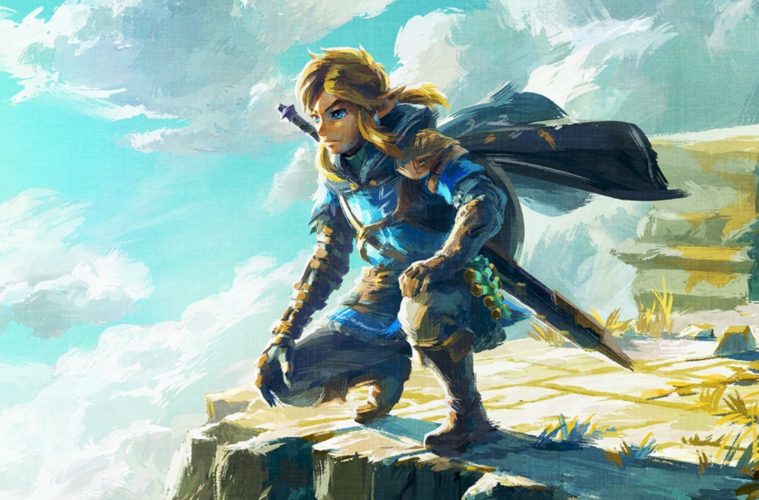The impact of two Legend of Zelda games––Ocarina of Time (1998) and Majora’s Mask (2000)––on cinephiles of a certain age bears excavation. The games introduced novel questions of autonomy and morphability to age-old notions of myth. By way of an audience-surrogate avatar, Ocarina of Time subjected the hero’s journey to slippage in history and memory: did you do that quest you thought you did? Majora’s Mask interrogated the glitch memory-loss further, turning Ocarina’s myths into symbols of themselves and of symbolizing itself: were you even the you you thought you were? To be 10 years old and at the mercy of a newly three-dimensional world inside Koji Kondo’s totalizing scores was to feel a version of the temporal pull of Apichatpong, a glimmer of the edit’s slip towards crunched cohesion you might find one day in Resnais and Duras, all occurring inside the still-novel form of the video game’s moving image.
Whether innovation emerges in adapting these stories across form, the potency (and profit) of memory remains something worth leveraging: on the heels of the massive financial success of The Super Mario Bros. Movie (2023), Nintendo Co., Ltd. has announced that it will develop a live-action Legend of Zelda film. The film will be produced by Shigeru Miyamoto (designer, producer, and director of numerous Nintendo games) and Avi Arad (formerly of Marvel Studios, now of Arad Productions) and co-financed by Nintendo and Sony. Wes Ball––of the Maze Runner trilogy and next year’s Kingdom of the Planet of the Apes––will direct. Everything else remains under lock and key, presumably for the next good while.

